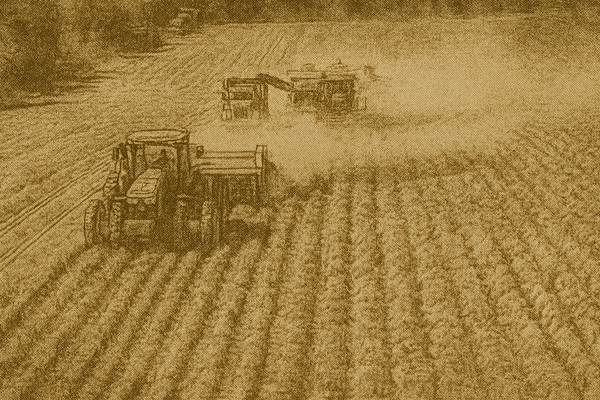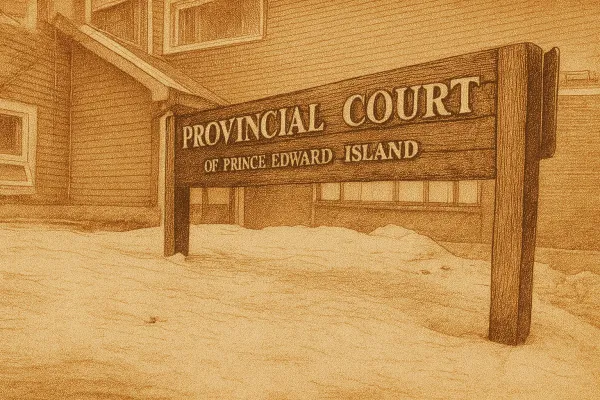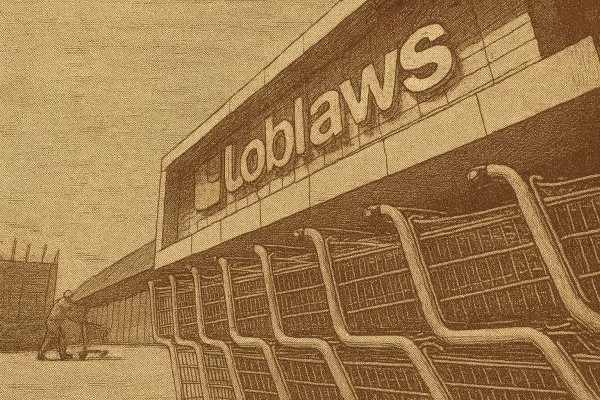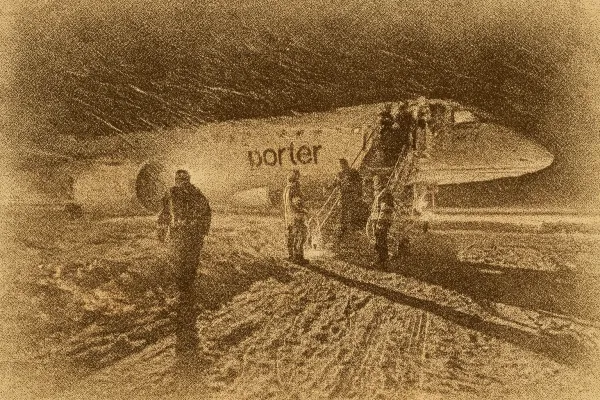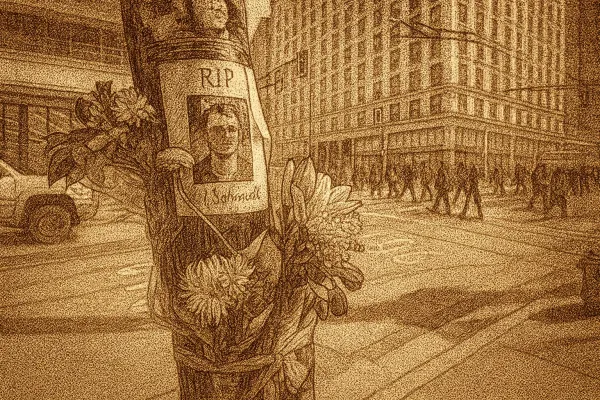Based on coverage from CBC and IslandFarmer.
Prince Edward Island's potato fields, usually a symbol of agricultural resilience, are facing one of their toughest years in recent memory. This summer's relentless drought has left farmers like Andrew Lawless, who runs Hilltop Produce in Kinkora, grappling with the harsh reality of climate change's impact on their livelihoods. "It's the worst year since 2001 and definitely the worst year of my career," Lawless lamented, echoing the concerns of many across the province.
The numbers paint a stark picture. Charlottetown recorded a mere 44.8 millimetres of rain in July, just half of what’s typically expected. By late August, the situation had hardly improved, with rainfall barely scratching the surface of normal levels. This lack of moisture, combined with a heatwave that saw temperatures soar above 30°C for over a week, has stressed the potato plants to their limits. Greg Donald, general manager of the P.E.I. Potato Board, explained, "Potato plants shut down once it gets over 30 degrees. They simply stop growing."
The drought's impact is widespread, with Donald noting that while some areas with irrigation might manage average yields, the majority of the Island is bracing for a below-average harvest. The financial implications are daunting. With the cost of growing an acre of potatoes exceeding $5,000, a poor yield could spell trouble for many farmers. "Hope is diminishing for this year," Donald admitted, though he remains cautiously optimistic that conditions won't mirror the disastrous 2001 season.
For Lawless, the decision to invest in irrigation has been a saving grace, albeit a costly one. His system waters about 40% of his crops weekly, drawing from low-capacity wells. "I'm very happy with the investment I made," he said, acknowledging the necessity of adapting to changing climates. However, the dry conditions have made harvesting a challenge, with soil turning to sand and increasing the risk of bruising the potatoes—a blemish that could lead to rot in storage.
The broader implications of this drought extend beyond P.E.I. Farmers across northeastern North America are experiencing similar challenges, highlighting a regional weather pattern exacerbated by climate change. While western provinces have enjoyed more favourable conditions, the east's struggle underscores the unpredictability and severity of weather extremes.
Despite the grim outlook, there’s a silver lining in the resilience and adaptability of P.E.I.'s agricultural community. Over the past decade, farmers have shifted towards more drought-tolerant potato varieties and improved soil conservation practices. These efforts have made a difference, but as Donald pointed out, "Extreme heat and dryness are becoming more frequent with climate change, and we have to adapt."
The road ahead is uncertain, with the possibility of importing potatoes to meet processing demands looming. Yet, the spirit of P.E.I.'s farmers remains unbroken. As Donald put it, "We’ve been through hard years before. We’ll keep focusing on what we can control: building soils, using better varieties, expanding irrigation responsibly, and continuing strong biosecurity."
In the face of adversity, P.E.I.'s potato farmers are not just enduring—they're evolving. And while this year's harvest may fall short, their commitment to innovation and sustainability offers hope for the future.


